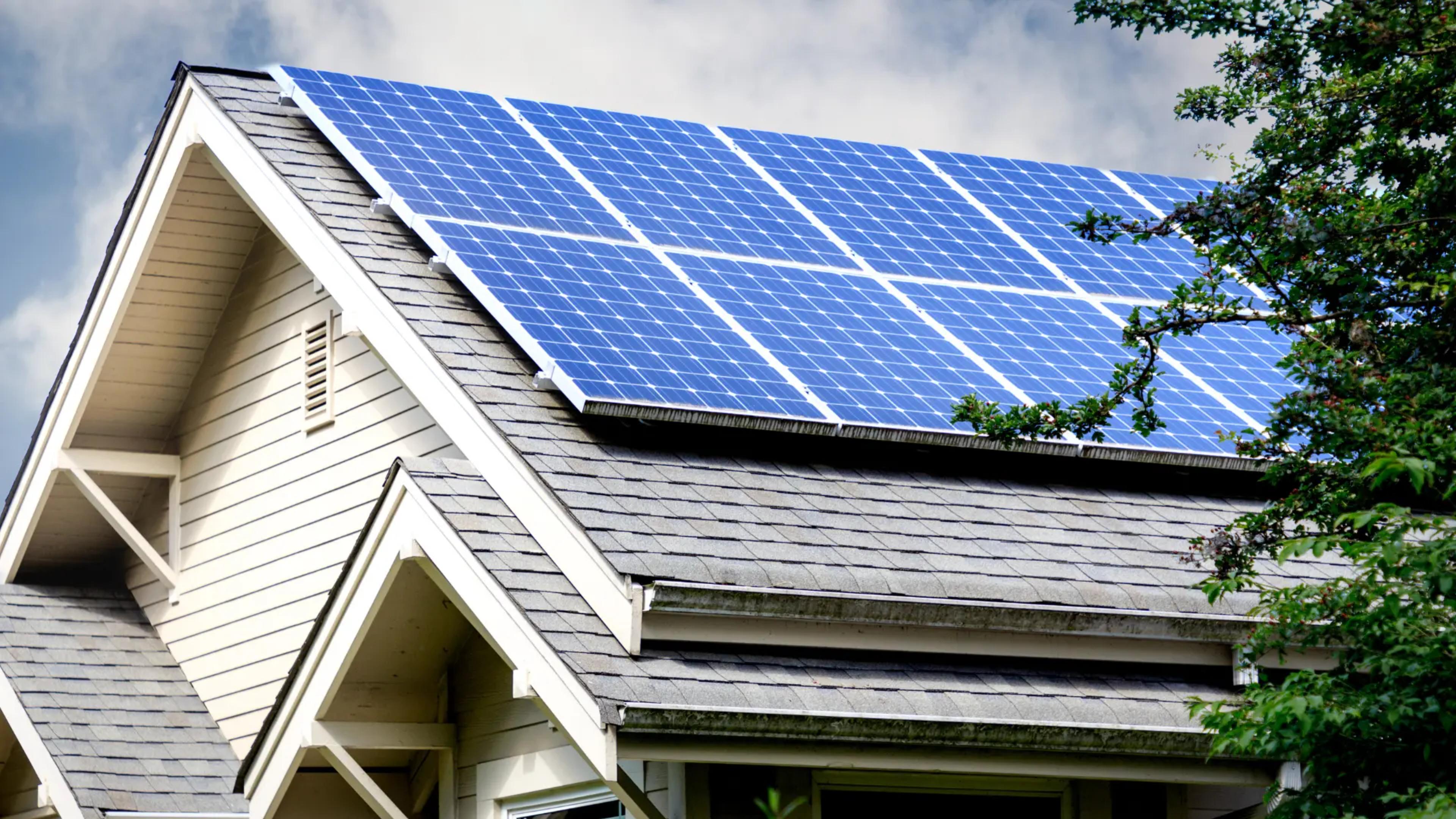Just How Solar Power Can Assist You Save Cash and Reduce Your Carbon Footprint
The combination of solar power into your power profile presents a compelling opportunity for both financial savings and environmental stewardship. As numerous government rewards end up being readily available, the question arises: just how can one efficiently navigate the first investments and continuous benefits of solar innovation to take full advantage of both economic and environmental gains?
Comprehending Solar Power Cost Savings
While the change to solar power often involves a first financial investment, recognizing solar energy savings is essential for homeowners and businesses alike. Solar energy systems can dramatically minimize power bills by taking advantage of the sunlight's energy, translating into substantial long-term financial benefits. By producing their very own power, customers reduce reliance on grid power, which is subject to changing rates. These financial savings can gather gradually, frequently resulting in a fast return on investment.
Additionally, solar energy systems might get approved for different financial incentives, including tax obligation debts and rebates, additionally boosting their cost-effectiveness. The accessibility of web metering allows customers to sell excess energy back to the grid, developing an additional revenue stream. These elements add to the total cost savings connected with solar power.

Along with guide monetary savings, solar power provides the added benefit of increasing building worth. Residences outfitted with photovoltaic panels are usually more attractive to buyers, as they guarantee lower power expenses - Simply Solar Illinois. Recognizing these elements is crucial for any person taking into consideration solar energy, as it highlights not simply the possible financial gains, but additionally the wider environmental and financial advantages of adopting renewable resource services
Preliminary Prices vs. Long-Term Benefits
When assessing solar power, it is very important to consider the preliminary costs against the long-term advantages. The in advance investment for solar panels, setup, and related equipment can be significant, usually varying from $15,000 to $30,000, relying on the system size and home energy demands. This initial expenditure may deter some homeowners; however, it is essential to consider the possible financial savings in time.
As soon as installed, solar power systems can considerably reduce and even remove regular monthly power expenses, leading to considerable lasting economic advantages. Studies show that property owners can save anywhere from $10,000 to $30,000 over the life expectancy of their solar system, usually 25 years. Furthermore, many states offer incentives, tax obligation credit ratings, and refunds that can balance out initial costs, making solar more obtainable.

Reducing Your Carbon Impact
Reducing your carbon impact is a critical consideration in today's ecologically mindful society, and adopting solar energy is just one of the most reliable strategies to attain this goal. Solar energy is a clean, eco-friendly resource that significantly decreases reliance on nonrenewable fuel sources, which are significant contributors to greenhouse gas exhausts.

Furthermore, the prevalent fostering of solar modern technology urges the growth official statement of eco-friendly tasks and supports innovations in power storage and effectiveness. The more people and organizations purchase solar power, the better the collective reduction in carbon exhausts, promoting a cleaner ambience for future generations.
Government Rewards and Rebates
Embracing solar energy not only benefits the setting but can likewise bring about considerable monetary savings, specifically with the availability of federal government motivations and rebates. Different government, state, and neighborhood programs are designed to motivate homeowners and companies to buy solar energy systems, making the change much more cost effective.
Among the most noticeable motivations is the Federal Investment Tax Credit History (ITC), which allows solar system proprietors to subtract a substantial percent of the setup expenses from their federal taxes. This incentive has been crucial in minimizing the ahead of time expenses connected with solar power systems. In addition, several helpful resources states supply their very own tax credit histories, gives, and refunds that can better enhance financial savings.
Moreover, some neighborhood federal governments offer home tax obligation exemptions for solar installations, ensuring that property owners do not deal with boosted residential or commercial property tax obligations as a result of their renewable energy investments. Utility firms might also supply motivations, consisting of web metering and feed-in tariffs, which allow solar energy individuals to sell excess power back to the grid.
Selecting the Right Planetary System
Selecting the suitable solar system is critical for optimizing energy performance and monetary advantages. The choice depends upon numerous aspects, consisting of energy needs, spending plan, and offered space. House owners need to begin by examining their electricity usage to establish the system size required for optimum efficiency.
Following, take into consideration the different types of solar innovations available. Simply Solar Illinois. Solar (PV) panels are one of the most common, converting sunshine straight right into electrical energy, while solar thermal systems concentrate on heating water. Each type has unique benefits depending upon private site requirements
Spending plan factors to consider are likewise paramount. First installment prices can vary dramatically, so it is essential to compare quotes from several companies and explore funding options. Government rewards and rebates can even more reduce the economic worry, making solar systems a lot more accessible.
Conclusion
In summary, solar power provides a viable service for attaining significant price savings while all at once decreasing carbon exhausts. The first financial investment, though significant, returns considerable long-lasting financial benefits, with potential cost savings ranging from $10,000 to $30,000 over 25 years. The environmental advantages of solar power add to lasting techniques crucial for combating climate modification. Federal government rewards improve the feasibility of solar technology fostering, encouraging a change in the direction of a cleaner, much more economically reliable energy source.